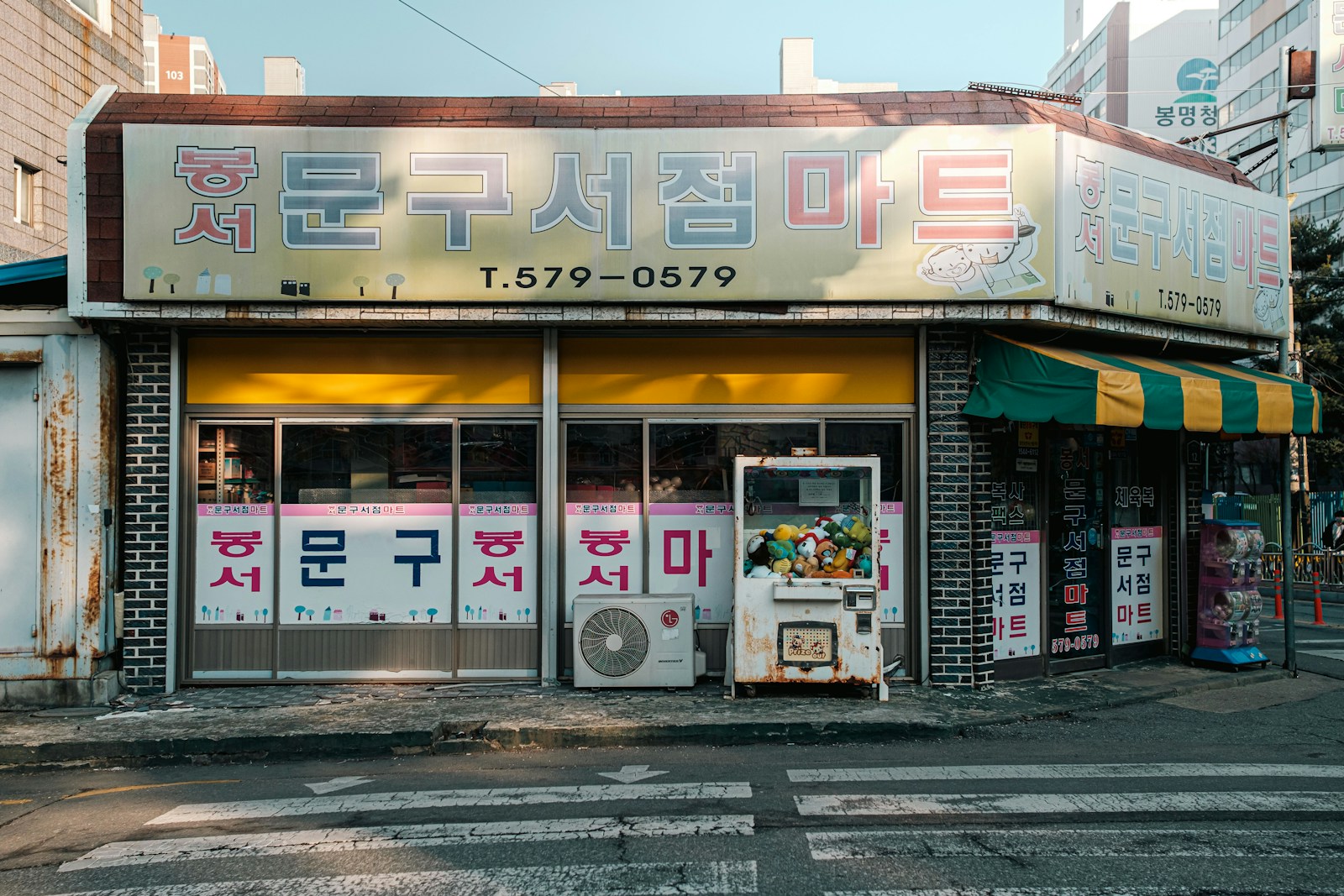Learning to Slow Down: A Korean Perspective on 'Southern Time'

In the Korean language, there is a phrase that perfectly captures the rhythm of daily life: "ppalli-ppalli." It means "hurry, hurry," and it’s more than just a saying; it’s a cultural mindset. We pride ourselves on our efficiency, our speed, our ability to get things done as quickly as possible. From our world-class internet speeds to our rapid economic development, "ppalli-ppalli" is in our national DNA.
Then I moved to Statesboro, Georgia. And I discovered "Southern time."
Southern time is not a formal time zone, but it is a very real phenomenon. It is a cultural approach to time that is slower, more fluid, and often maddeningly imprecise to an outsider raised on "ppalli-ppalli." It's the five-minute chat with the cashier at the grocery store that holds up the line. It's the meeting that starts ten minutes late because people are still catching up in the hallway. It's the relaxed, unhurried pace of a conversation on a neighbor's front porch.
At first, this was a huge source of culture shock for me. My Korean brain is wired for efficiency. A five-minute delay can feel like a major disruption. I would find myself getting impatient, wondering why things couldn't just move a little bit faster. It felt inefficient, almost lazy.
But as I've lived here longer, I've started to understand that I was missing the point. "Southern time" isn't about being lazy. It’s about a different set of priorities. In the "ppalli-ppalli" culture, the primary goal is completing the task. The transaction is the most important thing. In the culture of Southern time, the primary goal is maintaining the relationship. The human connection is the most important thing.
This became clearest to me during a visit to a friend's house. In Korea, it would be common to arrange a specific time, say 2:00 PM, and arrive exactly at that time. Here, my friend told me to just "come on over in the afternoon." The afternoon! For my schedule-oriented brain, this was a puzzle with no solution. But I went, and I found that the whole afternoon was a slow, relaxed affair of conversation and sweet tea, with people coming and going. There was no strict agenda. The goal was simply to spend time together.
I am still a "ppalli-ppalli" person at heart. I still love efficiency and a well-kept schedule. But living in the South is teaching me that there is a different way to measure a day's success. Sometimes, the most important thing you can do is not to finish your to-do list, but to take an extra five minutes to ask someone how their mother is doing. It’s a lesson in slowing down, and it's one of the most valuable things I've learned here.
